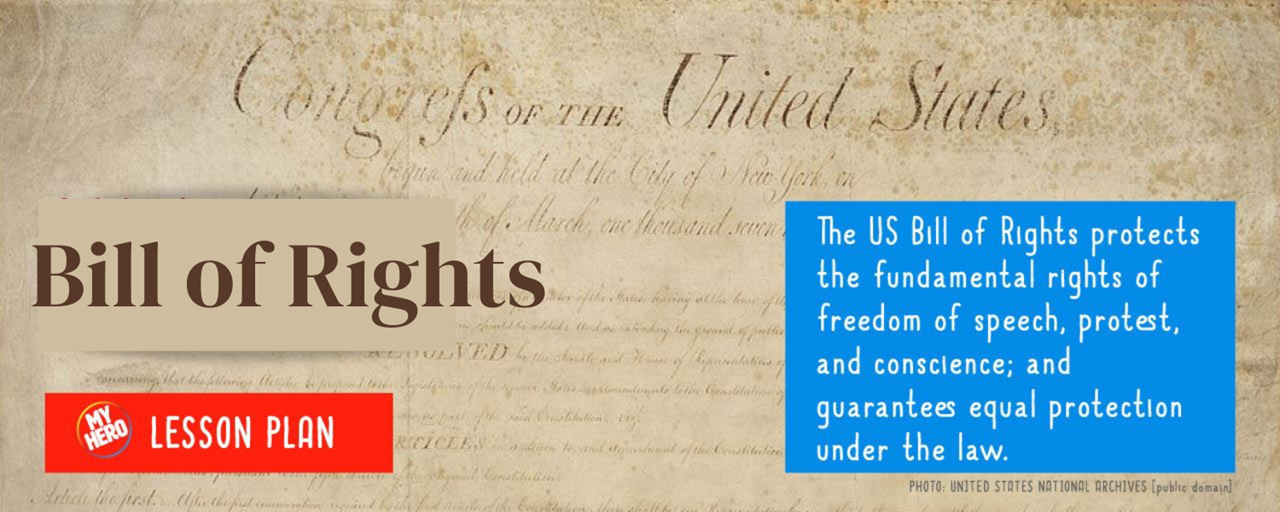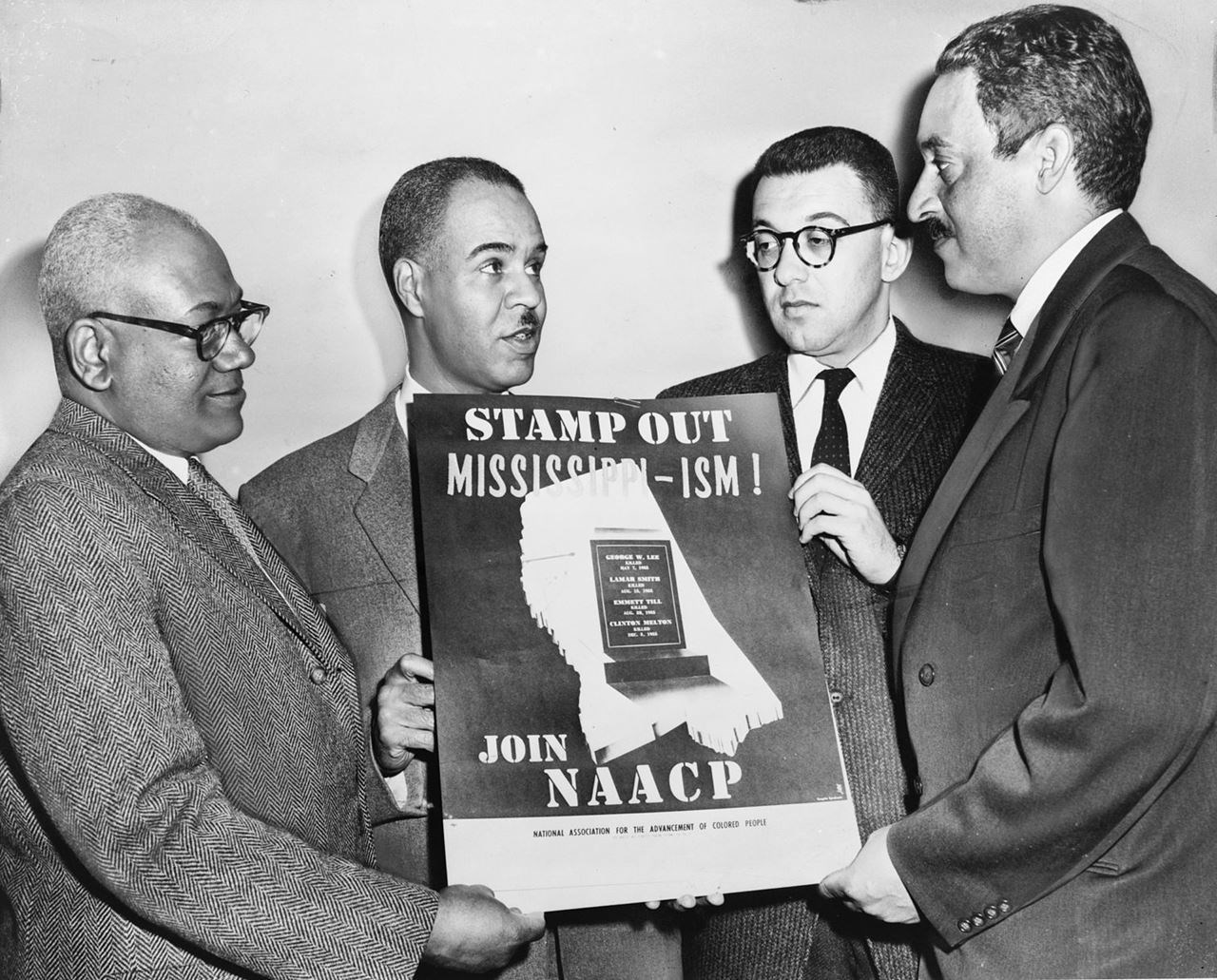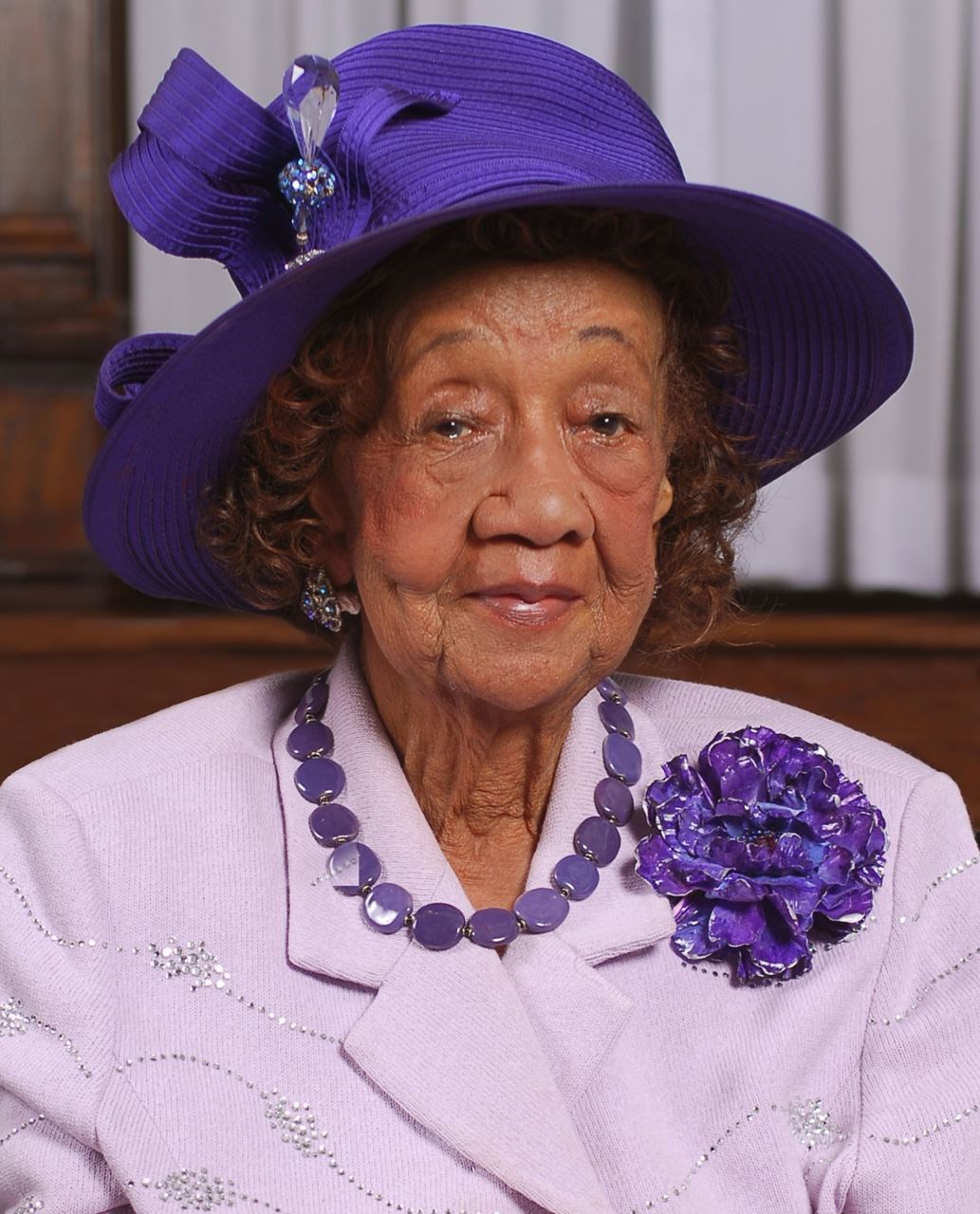
History of Bill of Rights Day
"A bill of rights is what the people are entitled to against every government on earth, general or particular, and what no just government should refuse, or rest on inference."
- Thomas Jefferson
The Bill of Rights is summarized below:
1. Freedom of religion, speech, the press, assembly, and petition the government to redress grievances.
2. The right to keep and bear arms.
3. No quartering of soldiers in time of peace without owner's consent, and in war as prescribed by law.
4. Freedom from unreasonable searches and seizures.
5. Restricts government's prosecution of persons, no double jeopardy, freedom from self-incrimination, right to due process of law.
6. The right to a speedy, public trial with the right to counsel.
7. The right in civil cases of trial by jury.
8. No excessive bail or fines, or cruel and unusual punishment.
9. Rights enumerated do not deny or disparage other rights retained by the People.
10. Powers not delegated to the US are reserved to the states or the people.
Freedom of Religion / Free Exercise of Religion

Desmond T. Doss, a Seventh Day Adventist, practiced non-violence while saving many lives during WWII as a military medic.
Freedom of Speech

Heather Heyer was a young civil rights activist who was killed by a white supremacist at a white supremacist rally. She was an everyday hero: a normal person who did what she could to educate others by her own example.
Freedom of the Press

Daniel Ellsberg is a whistle blower and truth teller responsible for publishing the Pentagon Papers. This story is in text with audio. Great for ESL/EFL Students.
Freedom of Assembly

The National Association for the Advancement of Colored People (NAACP) was formed in 1909 by whites and blacks to fight for black civil rights.
Freedom to Petition the Government to Redress Grievances

"We African American Women seldom do just what we want to do, but always what we have to do. I am grateful to have been in a time and place where I could be a part of what was needed."- Dorothy Height
Two Civics Education Resources from Annenberg Classroom
Students Learn More About the History of the Bill of Rights by Watching this Documentary Film (16:20 minutes running time)
A challenging, fun card game that helps students learn about their rights under the Bill of Rights, the first 10 amendments to the Constitution.
iCivics - Play a Game to Learn about the Bill of Rights
Justice Sandra Day O’Connor, who has served over 25 years on the Supreme Court, founded iCivics in 2009 to restore civic education in US schools believing civic education increases civic participation.
Through iCivic's interactive games, students can play the role of a judge, a member of Congress, a community activist or the President of the United States, and learn about their job.
Organizer created on 7/7/2022 2:49:30 PM by Laura Nietzer
Last edited 7/7/2022 3:15:00 PM by Laura Nietzer